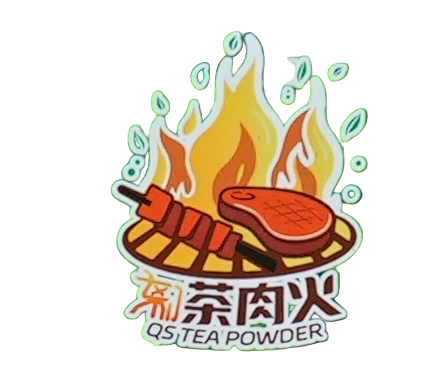Then we may have to ask this question: you buy a bowl of tea in a tea house and drink it from morning to afternoon or evening, just that bowl of tea, does the tea house do business? Such a lot of people, tired at noon on a kip, hungry in the stall to buy some food on the past. So how do tea houses do business? This question is more difficult to answer, but I have my own answer: every tea house has a toilet, because you have to enter the sure to come out, sit a few hours you do not come out? Before opening the tea house, if there is no money, you can use the tea house for a variety of later to collect deposits, such as farmers or manure operations, you can invest in the tea house to invest how much money, then the tea house toilets can be made to fund the operation of the urine. Tea guests are ‘manure machines’, stay in the tea house all day, and keep coming in and out of the tea house, there is no loss to the tea house, while the urine is to be sold for money. Nowadays, there is no such concept, and the urine can not be sold, but you have to spend money to get it out. So, once upon a time, the tea house didn't care how long you sat there, it was a good thing that you were there to turn the water into urine.
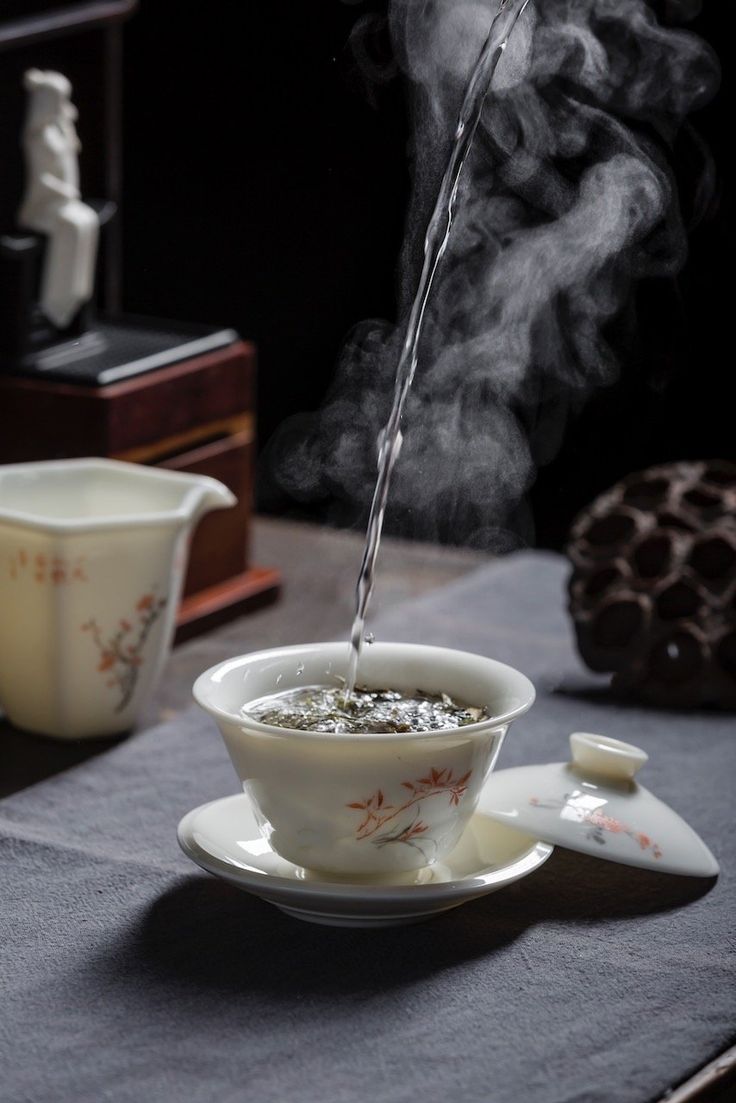
In the past, farmers did not use chemical fertilizers but mainly relied on urine and water for growing vegetables and rice. The most famous scholar who studied China, Fei Zhengqing, was stationed in Chongqing by the US government in the 1940s and made many profound observations about China. He returned to the United States after the end of the war and became a professor at Harvard University, where he founded China Studies. Nowadays, many of those who teach Chinese history and even East Asian history in various American universities are students of his students. Fei Zhengqing wrote a book in the 1940s, America and China, in which he described a very interesting phenomenon: when viewed from the air or from a plane, the closer the city, the greener the color. What does that mean? Because the closer the city, the more manure and fertilizer, the darker the color, the better the crops grow, and the farther away, the worse. Agriculture at that time relied heavily on human urine and water, and tea house toilets provided such a resource.
There was also all sorts of entertainment in the tea houses, such as booksellers. In the past, most people had little education, but if you ask your grandfather or grandparents, you will find that everyone was a historian, and knew the Romance of the Three Kingdoms very well, and who didn't know about the Yang Family Generals and Yue Fei! Where did this knowledge come from? It was in the tea houses, watching Sichuan opera and listening to commentary books. Every day, the commentaries tell heroic stories about these historical figures. But the commentary books in the tea house are all about heroic figures emperors and generals, and this is due to history, people only focus on these. In the tea house,
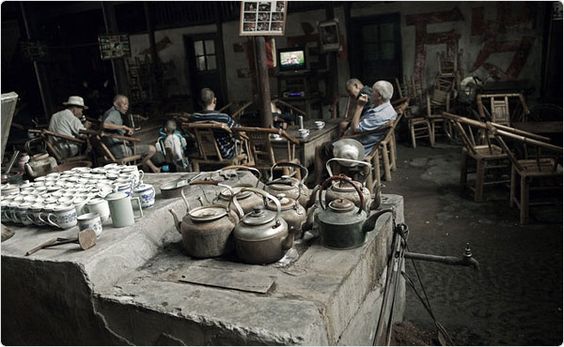
where people were educated about history and traditional values, this was a form of popular education, not to be seen simply as entertainment. In the Qing Dynasty, the Kangxi Emperor promulgated the Sixteen Articles of the Holy Oracle, which everyone had to follow. At that time, in order to publicize the message, a lot of people were approached: Today, we are going to rush to the market, and you have to preach these sixteen articles of the Holy Oracle in the market. The problem was that the bulls were rather boring, so the speakers slowly added some stories of loyalty and filial piety, neighborly harmony, and other daily life stories that they encountered in their daily lives. So every time when the show was in progress, a high table was set up, the speaker sat on it, and a circle of people came to listen to him, after listening to him for a long time, he realized that it was a good thing to do since so many people were listening to me, could he charge a little money? This is how the storytelling of history began, and it is a very good form of education.
There were also various performances in the tea houses, such as Sichuan opera, Qingyin, and big drums. There were also theatre performances. In Chengdu, almost all of the early theatres grew out of tea houses, hence the name ‘Chayuan’. Today, the only theatre that still exists from the Qing Dynasty to the present day is called ‘Yuelai Tea House’ on Huaxing Street, which opened in 1906 and was the first tea house to perform new operas. The so-called new theatre is improved theatre. Have you ever read the famous American book ‘Uncle Tom's Cabin’, which was transformed into a Sichuan opera called ‘The Negro's Recovery’ as early as 1912, which expresses why the blacks had such a miserable experience because they lost their homes, and that we Chinese must learn a lesson from this, and not to be in such a miserable situation as the blacks.
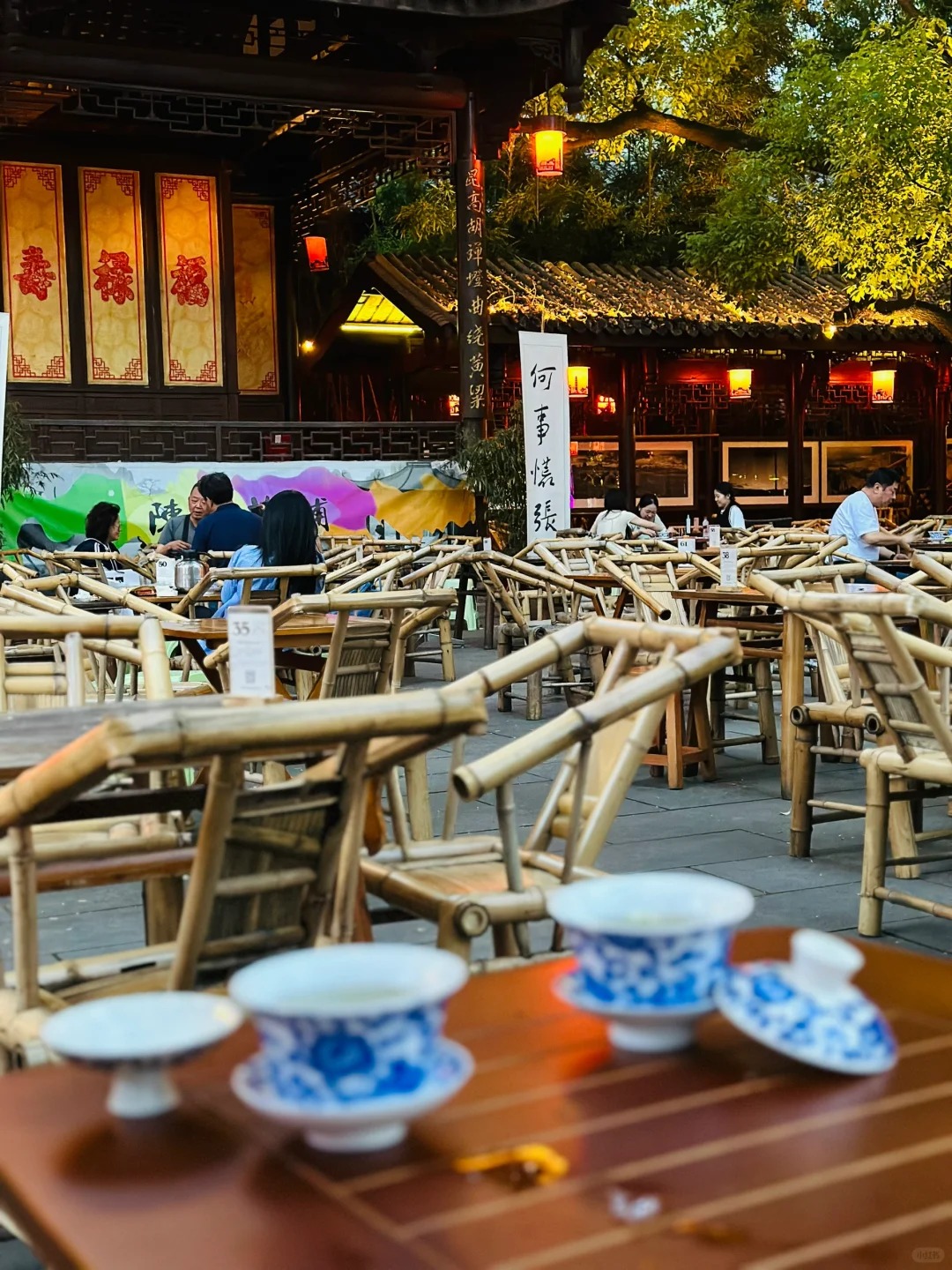
The Yuelai Tea House, where theatre is still performed today and their Sichuan Opera tableau
Early cinema was also in the tea house, the first cinema was a tea house. The first cinema was a tea house. It was called ‘electric theatre’, and it was around 1908, not long after the invention of cinema, when Fu Chongru, a reformer, visited Japan and found that cinema was a good new thing to bring back to Chengdu for demonstration in tea houses. Cinema was invented in France at the end of the 19th century, and first appeared in Shanghai at the beginning of the 20th century, but soon entered Chengdu, which was an early cinema. In the early Republic of China, there were still advertisements for films in the newspapers after the 1911 Revolution, you could see what kind of programs they were watching, most of the programs were documentaries, like the US Navy on maneuvers, either landscape, nothing feature films or anything like that.
In tea houses, we can also see sexism. Why do I say sexism? In the past, women were generally not allowed to enter tea houses, but in the late Qing Dynasty, improved tea houses, such as the Yuelai tea house, already allowed women to enter the tea house to watch a play, which, of course, caused some social repercussions. At that time, society was very conservative. When a play was performed in a tea house, many men gathered around the entrance and waited to watch the female guests when they entered, especially as the women of the official and gentry families were very elegant, so a lot of people watched. At that time, for fear of disputes, the female guests sat in the floor box and the male guests sat in the hall box, but often, in the middle of the play, the male guests stood up and looked upstairs, which caused chaos in the order. Later, it was said that the theatre could be divided into different time slots, with female guests attending the theatre in the morning and male guests attending the theatre in the afternoon and evening, and so on.
From the gender issue, we can see the development of society. In the late 19th and early 20th centuries, Chengdu's social atmosphere was still quite conservative, and this conservatism was not only embodied in the general public but also in the social improvers. While it is conventionally understood that those who wanted to improve were generally open-minded, advocating for more educational opportunities for women, etc., freedom of marriage, etc., in reality, it was not so simple, and Chengdu's social reformers were quite conservative on women's issues.
These two pictures are from the ‘Popular Pictorial’, the pictorial newspaper run by the Chengdu reformers at that time, who often published satirical pictures about some social phenomena in Chengdu, and what is this picture about? It shows women going to a tea house to watch a play, so the artist thought it was a shameful thing. The words on the top of the painting say that the women are sitting there, and the male actors above are also looking at the female audience below. It is shameful for women to show it to men. This is telling the men of the family not to let the women go to public places and not to watch the theatre. The following painting is even more ridiculous, the so-called theatre fever, men are in a hurry to go to the tea house to watch the theatre, in fact, not to watch the theatre, but to look at the women, satirizing the social phenomenon of the time. The gender issue shown here shows that the social reformers at that time were quite conservative.
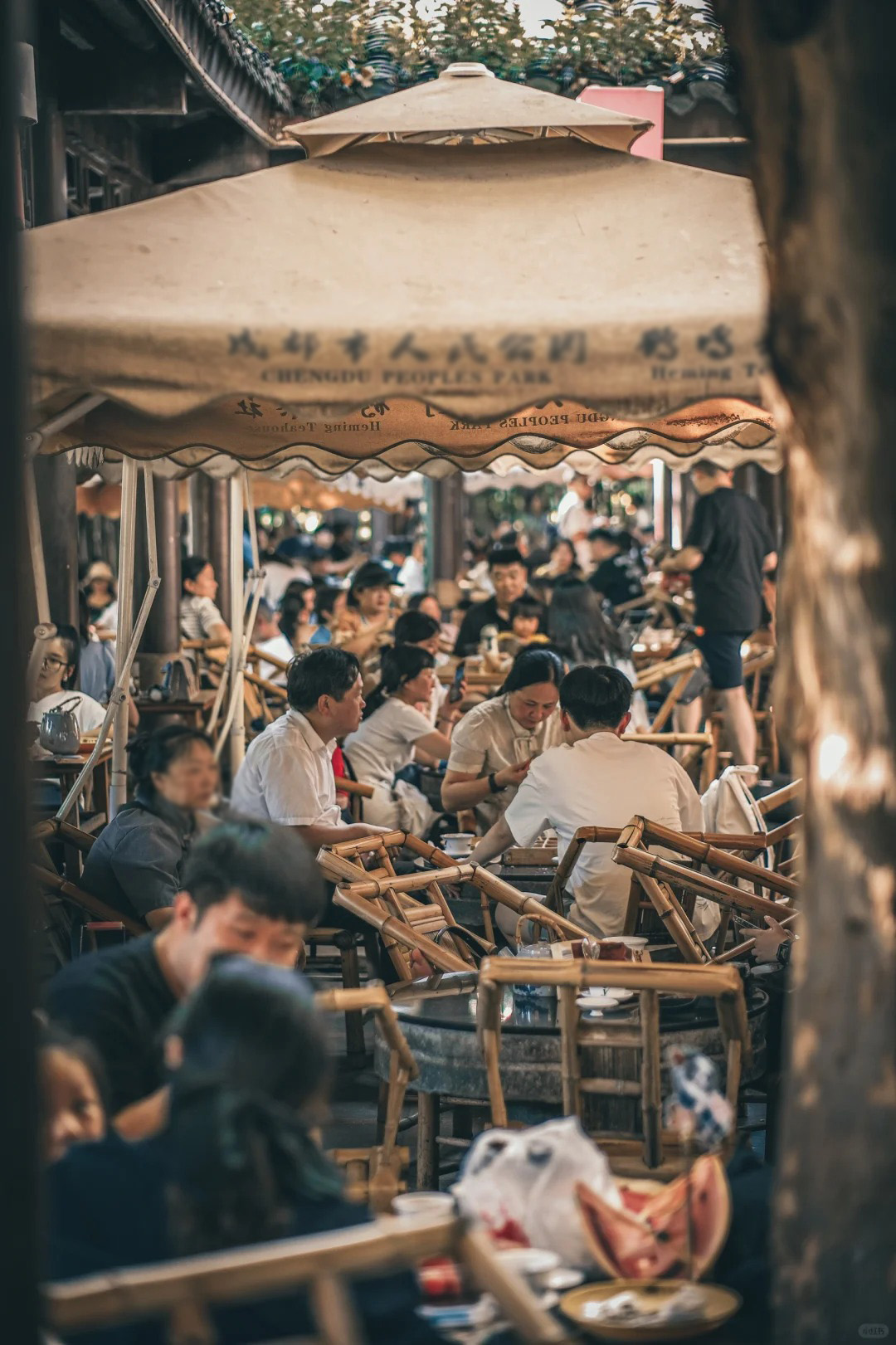
Let me now talk about the politics of the tea house. Were there really politics in the tea house?
My answer is that there are really politics. A tea house is a public space and first of all, the government has to exercise control. According to the information I have collected, from the late Qing Dynasty to the Republic of China, the government issued various decrees to impose restrictions on tea houses, including hygiene and opening hours. tea house patrons, tea house owners, or touts had to report any suspicious people they found. Like in the late Qing Dynasty, the government even sent spies to the tea houses to report if they found anyone suspicious. The control of public places is a kind of politics. After the outbreak of the road-protection movement, many people went to tea houses to deliver speeches and mobilise the public, do you think this was a political arena? Just like the cafes in France, many of the early Enlightenment thinkers talked about politics and exchanged ideas in cafes, they found their inspiration in cafes, and many of their masterpieces were born in cafes. tea houses also played the same role. During the war period, many famous writers came to Chengdu, where they went to exchange ideas and meet guests in tea houses. Editors of newspaper supplements went to tea houses to ask for articles, and some writers even wrote in tea houses, which brought them inspiration.
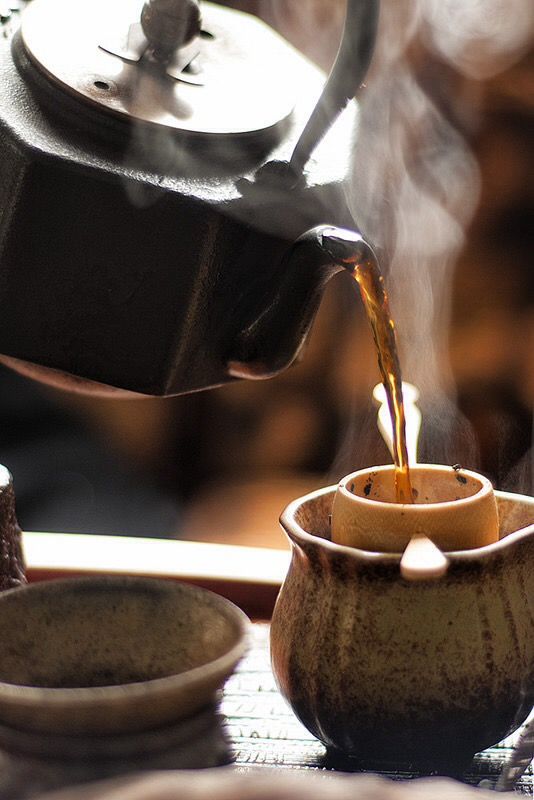
We all know the confession, ‘Don't talk about affairs of state’, what is ‘Don't talk about affairs of state’? What does it mean? It means that if you discuss national issues or criticize the Kuomintang government in a tea house, you may be arrested and the owner may be fined, thus forcing the tea house to lose business. Therefore, Wen Yiduo, a famous writer at that time, wrote a poem called ‘Tea House Ditty’, which was widely circulated at that time, in which it was written that when discussing politics, the boss should come over to greet him quickly, so as not to cause trouble to the tea house. There were also ‘tea house politicians’ in tea houses, why are they in inverted commas? Why is it in quotation marks? Because that was what they said at that time. What is a tea house politician? It is one who likes to talk about politics in the tea house. At that time, there was an article on ‘tea house politicians’, saying that they liked to talk about politics and they always said in the tea house that they had heard something from a certain VIP, so it appeared that they had a political background and knew about politics, so they were sarcastically called ‘tea house politicians’. In my study, I found that the existence of the so-called ‘tea house politicians’ is actually attributable to a deep-rooted political ideology. Everyone likes to listen to political gossip, and ‘tea house politicians’ have their own audience, and many people like to listen to their high-sounding speeches.
A tea house is not necessarily a place for relaxation; it is a very complex, economic, social, and political arena with many functions, and the general public plays a major role. Drinking tea there, the tea house patrons are performers on the social stage, and there are various social forces at play. tea houses were also centers of information and social interaction. For example, during the Republican period, many social organizations had no office space at all, including the robbers, and many tea houses became centers of activity for the robbers, so the government tightly controlled, restricted, and suppressed this public space. However, tea houses have a strong vitality and continue to develop, so to this day, tea houses
